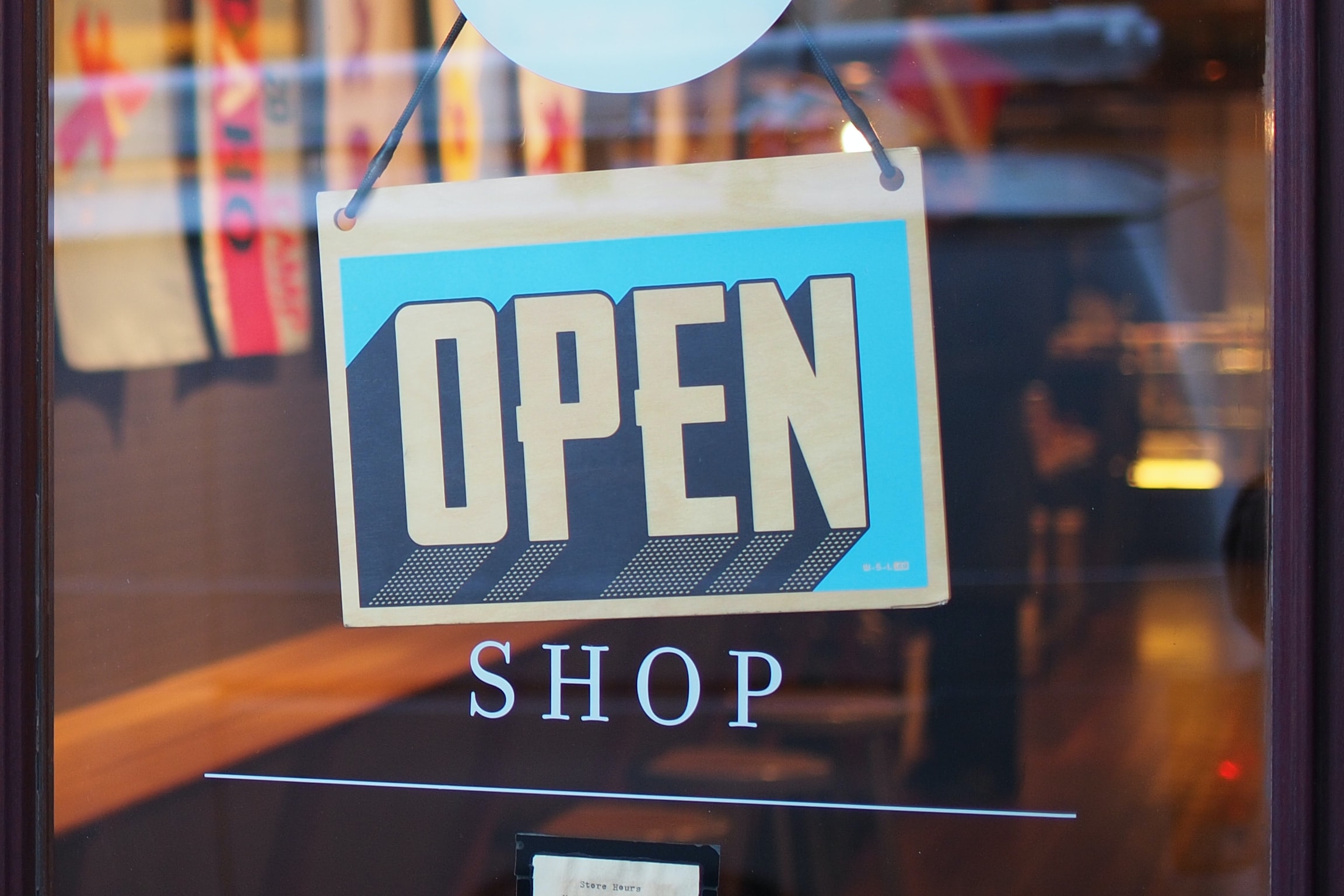
Current reduced international travel opportunities due to the ongoing coronavirus pandemic are expected to drive the growth of the UK leisure industry. Staycations were becoming increasingly popular pre-covid and look like they will continue to do so, post covid, even as travel restrictions are lifted. £49 billion was spent abroad by UK tourists in 2019 and a good portion of that is now going to be spent in the UK.
The UK industry ranges from the likes of Hedge Fund owned brand names such as Butlins and Bourne Leisure, which not only provide the accommodation but also the activities, through to individuals who have built one off shepherds huts and yurts in their back garden.
It’s becoming more common for holiday-makers to want to say in private accommodation across city, rural and coastal destinations. One of the most popular and successful booking apps, AirBnB, has played a large role in the short-term rental boom. The app has made it easy for both travellers and holiday rental owners.
Additionally, as more people are becoming increasingly environmentally aware, he number of individuals taking personal responsibility for the planet continues to increase. This has caused a number of people to choose to holiday near home rather than fly abroad. This will continue to lead to more staycations, which will further boost the holiday lettings business in the UK.
Staycations have driven spin off demand for bikes, paddleboards, tents, camping stoves and inflatable kayaks, both the likes of Halfords and Decathlon have see a massive upswing in demand and sales.
So how are property investors looking to cash in?
Unless you are lucky enough to already own land where you can add shepherds huts or yurts, then buying a holiday let is the next best thing.
Investors have to pay the additional stamp duty tax but, unlike residential buy to lets, holiday lets come with some very attractive tax advantages
- you can claim capital gains relief and entrepreneurs relief on properties that are let commercially and occupied for at least 105 days of the year;
- profits count as earnings for pension purposes (i.e. roll them into your SIPP); and
- you can claim capital allowances and offset expenses against your profits
Holiday Lets are a hugely fragmented industry and as demand grows its clear to see that there is less supply of these assets in the UK than in other European countries. Holiday home owners have already cited a huge surge in demand, as soon as restrictions were announced, and have price adjusted accordingly.
Covid, travel restrictions and concerns about climate change effects of air travel, should continue to drive interest in this sector for several years to come.
Photo by Eilis Garvey on Unsplash


